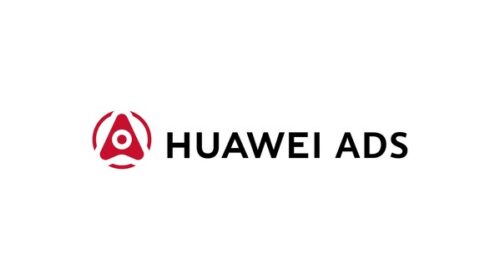Yesware Founder: Have Sales Conversations that are ‘Authentic at Scale’
Yesware Founder Matthew Bellows says that it’s important that the relationship between the salesperson and the prospect is authentic, genuine, and honest. That’s why Bellows advocates a sales prospecting concept he calls ‘Authentic at Scale’ which uses Yesware technology to have genuine authentic communications with customers and prospects.
Matthew Bellows, Founder & Chairman Of The Board at Yesware, recently talked at Web Summit about salespeople being ‘Authentic at Scale’ and how Yesware can help companies and their sales teams more effectively drive lead generation:
Important for Salespeople to be Authentic
There’s not only just the business model which is changing the relationship between the salesperson and the prospect but also the fact that information is freely available, that your reputation sticks with you much longer now, and all pushes towards more power to the customer. Therefore, it is more important for a salesperson to be authentic and genuine and honest and a long-term partner for success as opposed to a transactional sort of guy.
Whether we’re working with a brand new startup who’s just implementing Yesware for there one or two or three person sales team or the CRO of a publicly held company like Twitter or Yelp, salespeople are always changing stuff. They’re always trying to find out a new angle, they’re always moving territories, always changing a training program or changing their comp structure.
For those of you who have read all the blog post about how you just got to get a repeatable scalable model then pour money on top of it, that is not true. You need to actually continue to iterate and make up stuff and try different experiments with your sales program. That’s the kind of thing that our software tries to enable, basically getting the data from your activities and seeing what works and doing more of that.
Authentic at Scale is What We Advocate For
For those of you who are just starting your businesses and getting going, you are faced with a dilemma which is I want to grow really fast. One approach to that is what we call spray-and-pray. Buy a big list, blast out a ton of emails, and hopefully some people respond. If they don’t keep blasting them out. That is a short-term successful strategy with a medium-term disaster. It burns your brand. As a sales person who’s in that organization you’re ruining your reputation potentially for the rest of your life, and obviously in Europe it’s illegal.
What we advocate for our customers is something we call authentic at scale. Use technology to have genuine authentic communications with customers and prospects in a way that shows that you’re actually paying attention to who they are. You’re recognizing what they need and what they’re interested in and what you can offer or not. But do it at a scale that actually helps you build a business. That’s the binary choice that I think most startups are faced with. You can go either way but authentic at scale is what we advocate for.
When Building Your Team Incrementally Hire
In the very early stages, one one of the mistakes I made early very early on was when I got the board approval to hire our first sales team. I was the first sales person for Yesware and then I hired this kid straight out of college who blew up and was amazing. He closed Box on his own and it was sort of like, oh this is great, this is ready to go. I went out and hired eight other sales reps and it was way too many.
So the big thing I I coach people who are just building their team for the first time is really go two by two by two by two and incrementally hire. Even though you never know if it is the market or the person, at least with that sort of slower incremental sales build you get more feedback and have more time to correct as opposed to going in and hiring a big team all at once.
We Make Software that Helps Salespeople Make Money
Yesware is software for sales people. We help sales people communicate better with customers and prospects and we’ve been doing this for about eight years. I started as a SaaS business and still are.
In the early days, there was very little competition for what we were doing. We were getting a lot of inbound interest from companies that just heard about Yesware. They were like, I gotta try this thing. There was a lot of good word of mouth from the very early adopter kind of companies. Now the market is more mature. We’ve probably crossed the chasm in terms of technology adoption curve and we’re into the early majority and those companies think about things differently and they have a different buying process.
At the end of the day what it turns out to be is if the end users like your product and if we’re helping the salespeople make more money then we’ve got a business. So my first business plan for Yesware as I explained to our early stage investors was we make software that helps salespeople make more money and they’ll give us some of it and that is sort of still what we’re doing.
It’s Hard to Know What Makes a Good Lead
For folks out there who are reading blog posts and just getting your company started it’s harder than it looks. When you read the thing about Arg or whatever, it’s hard to know what makes a good lead. You have to keep revising it. We just did a big data science project to try to figure out of the 2,000 leads that closed in the last 18 months, which were good leads? We had a data scientist work on this problem for three months to figure it out because it’s not obvious what a good lead is actually. You’re going to be frustrated but know that everyone else is frustrated with you.
I think the most important thing is just to get your motivations right. Be clear about why you’re doing this because it’s a long slog and the clearer you can be about why you’re doing this project the more effective you can be when you’re talking to other people about why they should do it too.




